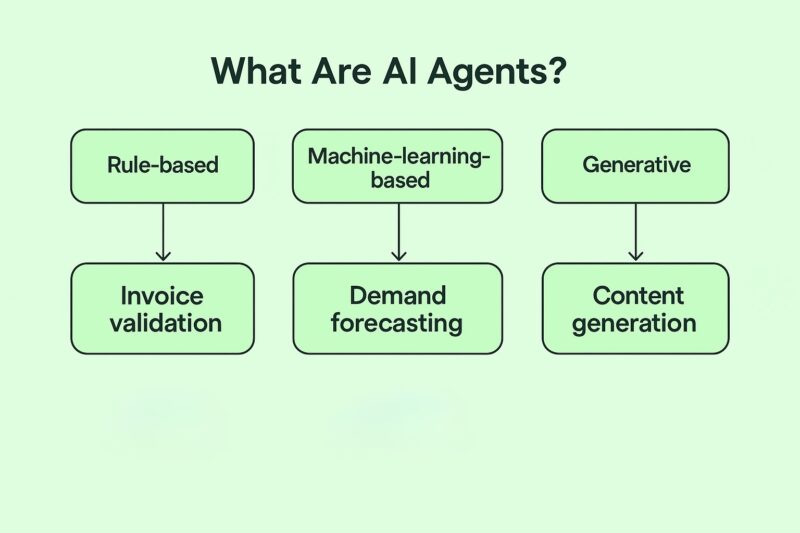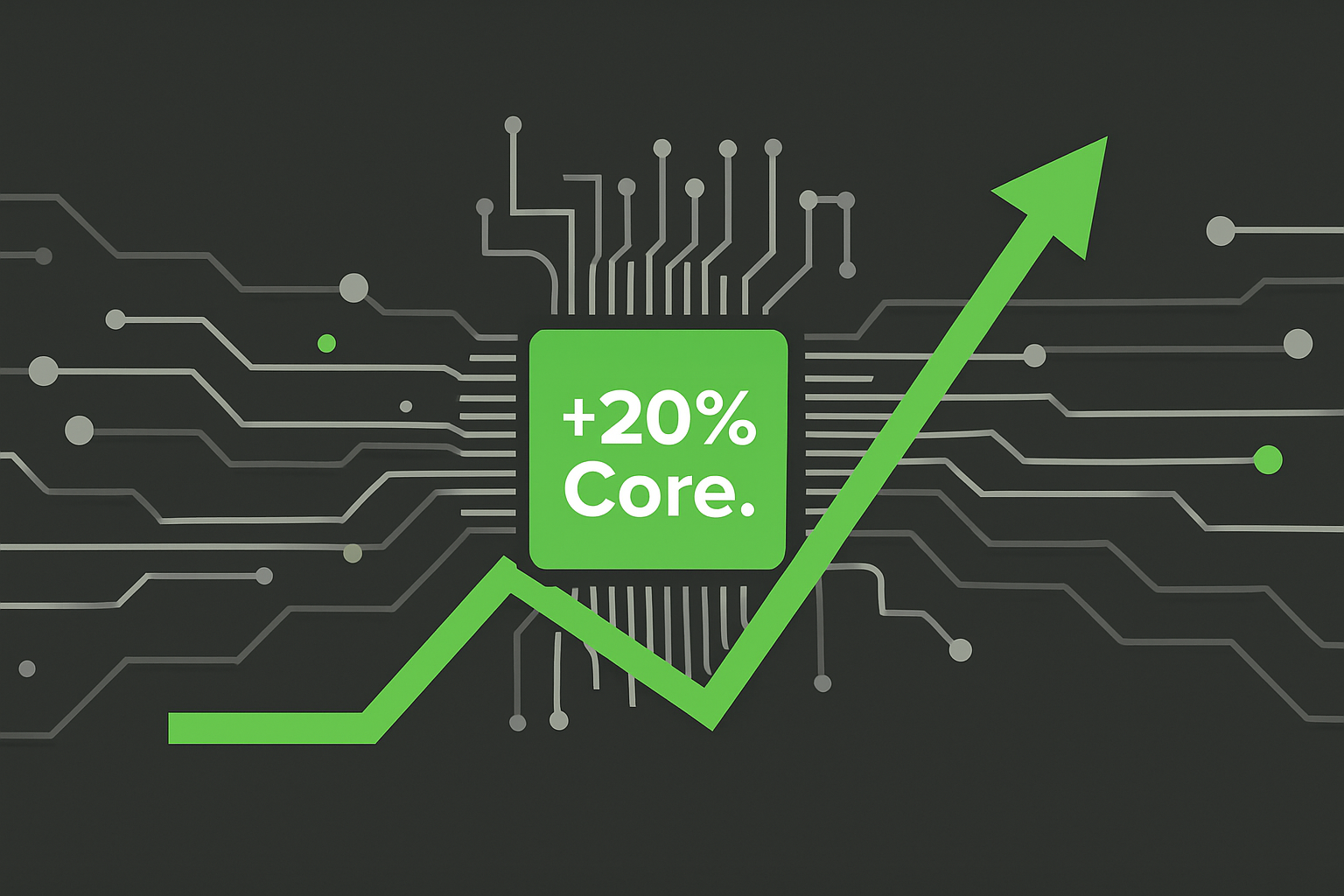AI Agents for Business: What They Do, How They Help, and Why They Matter
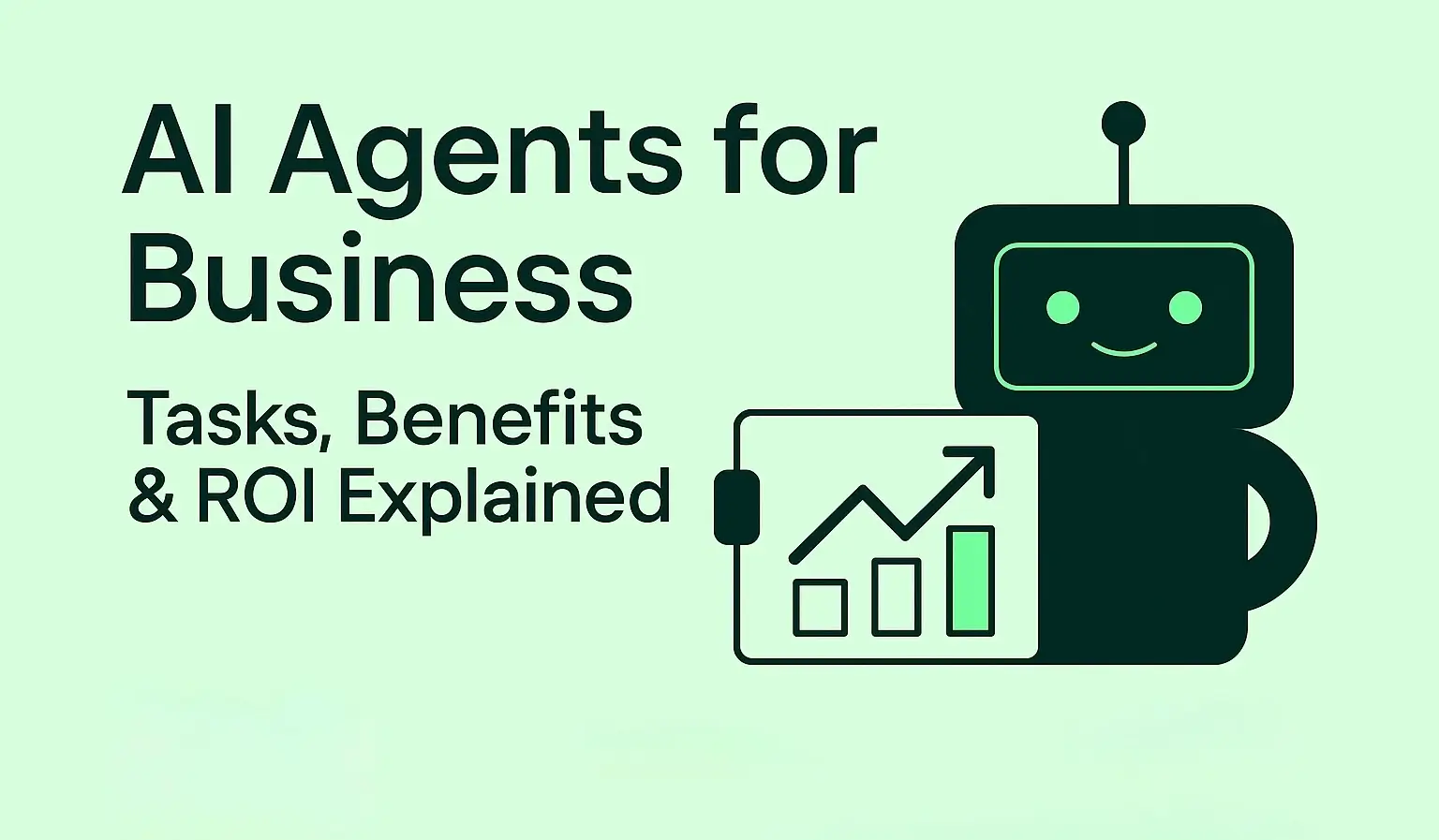
How AI Agents Are Transforming Business Efficiency and Profitability
1. Introduction
Artificial-intelligence (AI) agents have graduated from R&D demos to board-level imperatives. In 2025, 72 percent of companies will already deploy some form of enterprise AI, up from 50 percent just two years ago. From frontline chatbots to autonomous supply-chain optimizers, AI agents for business are now the fastest route to competitive leverage.
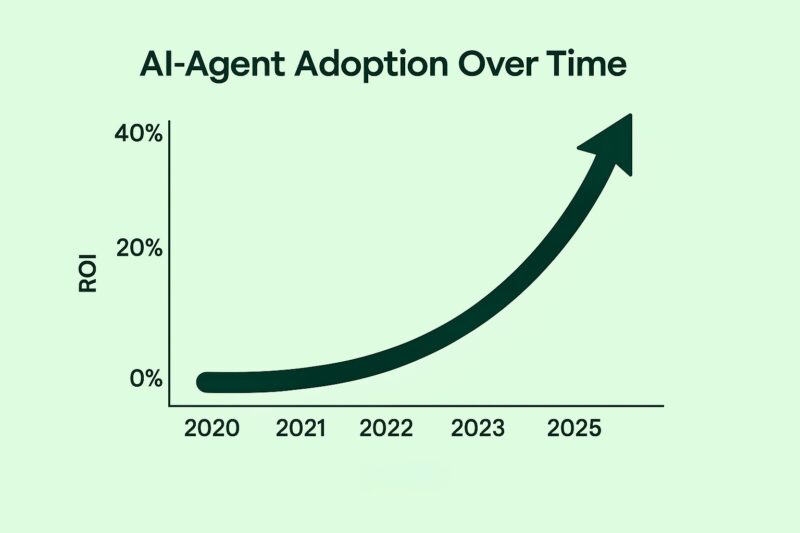
Modern D2C brands – fashion labels, beauty startups, furniture makers – run lean teams and omnichannel ops. They seek tech that reduces friction, multiplies output, and scales personalisation without ballooning payroll. Intelligent business agents deliver exactly that.
___________________________________________________________________________
2. What Are AI Agents?
Definition
An AI agent is a software entity able to perceive environment data, decide autonomously, and act toward a business goal (e.g., answer a customer, route an order, draft a report).
Core Types
Type | How It Thinks | Typical Use |
| Rule-based | IF/THEN logic | Invoice validation, fraud flags |
| Machine-learning-based | Pattern recognition from data | Demand forecasting, pricing |
| Generative AI agents | Large language- or diffusion-models that create text, code, images | Content generation, conversational support |
Real-world Examples
Shopify Sidekick – storefront “co-pilot” for merch setups & marketing copy.
Zoho Zia – CRM agent suggesting next-best-actions.
Microsoft 365 Copilot – drafts docs, slides, e-mails directly in Office apps.
URich Custom Commerce Assistant – blends product, inventory & CRM data to run 24/7 product-recommendation chat for D2C brands.

3. Tasks AI Agents Can Solve
3.1 Customer Support & Experience
24/7 multilingual chatbots, voice bots
Automated returns, warranty checks
Sentiment-driven escalation
Example: A URich-built WhatsApp agent handles 88 % of fashion-store queries, cutting first-response time from 2 hours to 35 seconds.
3.2 Routine Workflow Automation
Order-to-cash reconciliation
Inventory re-ordering
Payroll & expense approvals
Tip: Integrate your agent through GraphQL APIs; avoid brittle screen-scraping.
3.3 Marketing & Content Creation
Product-description generation
A/B-test copy ideation
Social-post scheduling
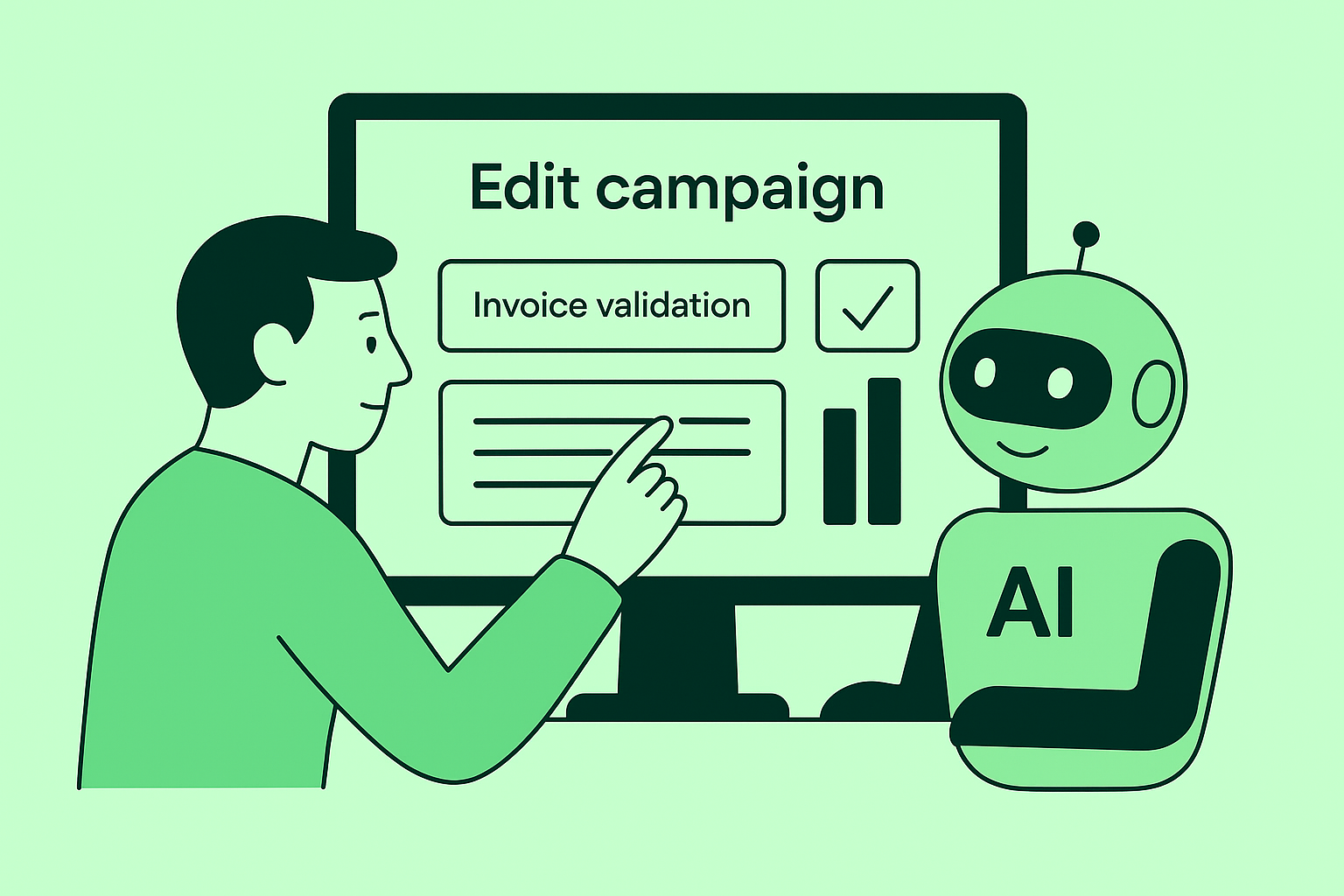
3.4 Analytics & Forecasting
Dynamic pricing recommendations
Churn-risk scoring
Real-time KPI dashboards
Predictive supply-chain routing
3.5 HR & Recruiting
Resume parsing & ranking
Automated interview scheduling
Skill-gap analysis
4. How AI Agents Help Businesses
Productivity Uplift – Teams report 30–40 % faster task completion after embedding AI productivity tools in daily flows.
Cost Reduction – Automated ticket resolution alone can trim support payroll costs by 25 % while raising CSAT.
Speed of Decision Making – ML agents crunch data in milliseconds, surfacing insights before meetings even start.
Always-On Operations – No breaks, no holidays; service stays live across time zones.
Hyper-Personalisation – Agents leverage first-party data to tailor offers, boosting AOV (average order value) up to 12 %.
Tip: Pair generative agents with your CDP (Customer Data Platform) to let the model write per-customer product bundles on the fly.
5. Economic Impact of Implementing AI Agents
Metric | Pre-AI Baseline | Post-AI Result | Δ | Source |
| Average cost per support ticket | $4.10 | $2.75 | –33 % | URich e-commerce rollout |
| Marketing content throughput | 12 articles/month | 28 articles/month | +133 % | URich editorial agent |
| ROI payback period | — | 7-12 months | Aggregated client data |
Global-macro view: AI could add 15 % to world GDP over the next decade. Even mid-sized enterprises see tangible ROI: a McKinsey cohort study found median cost declines of 14 % and revenue lifts of 8 % within one year of AI implementation.
Sector Spotlights
E-commerce – Automated sizing chat reduces return rates by 18 %.
Finance – Fraud-detection agents flag anomalies 3× sooner.
Logistics – Dynamic routing agents cut fuel spend 9 %.

6. Challenges and Limitations
Challenge | Mitigation |
| Data Privacy & Ethics | Enforce GDPR-compliant data pipelines; implement RLHF guardrails. |
| Upfront Integration Cost | Use modular micro-services (Next.js + Nest.js) to limit re-write scope. |
| Workforce Readiness | Conduct role-based enablement; URich offers 2-week “AI Agent Bootcamp.” |
| Model Hallucinations | Layer retrieval-augmented generation (RAG) using your verified knowledge base. |
Example: A furniture D2C brand avoided hallucinations by feeding its product SVG schematics into a vector database and forcing the agent to cite exact dimensions.
7. Future of AI Agents in Business
Multi-modal Interfaces – Video, image, and voice capabilities converge.
Edge & IoT Integration – Agents embedded in smart shelves and POS devices for real-time stock-out prevention.
Blockchain Synergy – Autonomous agents trigger self-executing smart-contract payouts for creators.
Self-Improving Agents – Continuous-learning loops retrain on anonymised usage logs without human prompt-engineering.
Gartner predicts 60 % of enterprise workflows will leverage workflow automation AI by 2027, signalling a shift from “AI pilots” to “AI-native” organisations.
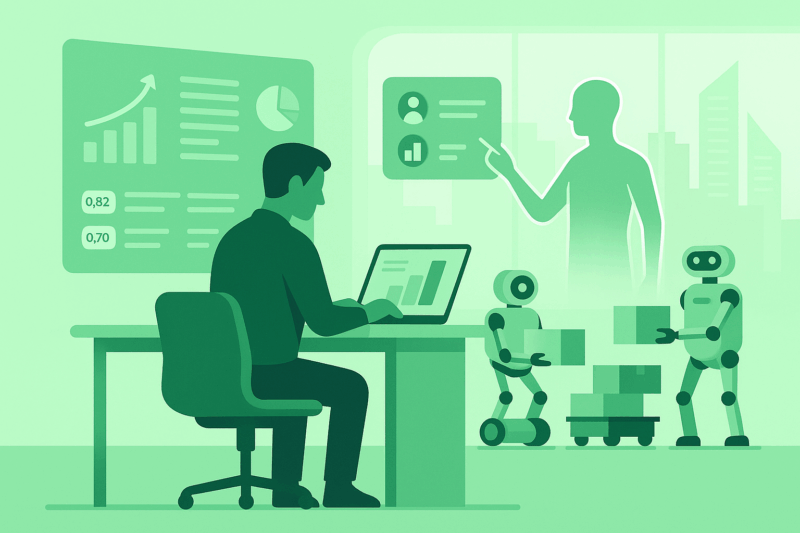
8. Conclusion
AI agents are no longer experimental. They unlock rapid productivity gains, shrink costs, and create new revenue vectors – all within an ROI payback window of a single fiscal year. Brands that delay risk falling behind faster-moving competitors who are already enjoying double-digit margin lifts.
Ready to capture AI’s upside? URICH specialises in scoping, building, and integrating AI-powered business solutions tailored to D2C growth goals. Let’s audit your workflows and draft an automation roadmap – book a free consultation today.
FAQ
Q1: How long does it take to launch an AI digital assistant? Most URICH projects go live in 6-10 weeks, depending on data-source readiness.
Q2: Do AI agents replace staff? They replace repetitive tasks, not people. Teams re-focus on strategy and creative work.
Q3: What’s the typical AI implementation ROI? Clients see 120-180 % ROI within 12 months, driven by cost savings and top-line growth.
Q4: Is my data secure? All agents run in ISO 27001-certified clouds with end-to-end encryption and strict access controls.
